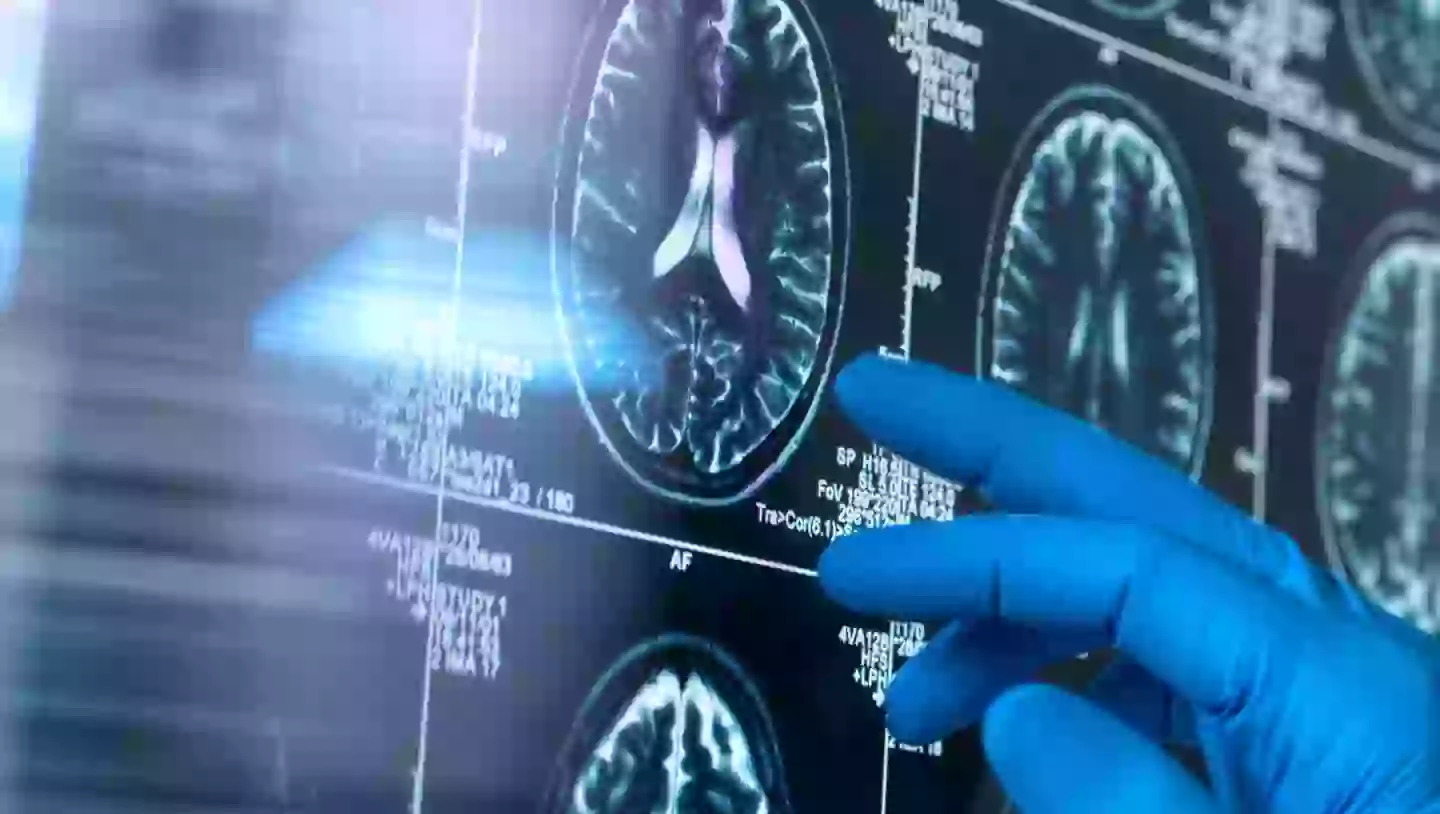Experts are examining why women are nearly twice as likely to develop Alzheimer’s disease compared to men. This conversation followed British TV host Fiona Phillips’ public sharing of her early-onset Alzheimer’s diagnosis and her early symptoms.
A study published in Nature found that about two-thirds of Alzheimer’s patients are women. Anna Bonkhoff, a neurology fellow at Harvard, explained that neurological diseases often show gender differences. For instance, migraines and multiple sclerosis are more common in women, while men are more affected by Parkinson’s and brain tumors.

Research in JAMA Neurology suggests the X chromosome plays a role. Women have two X chromosomes, which include genes that regulate immune responses and brain structure, possibly influencing Alzheimer’s risk.
Menopause is another piece of the puzzle. Hormonal shifts during menopause, usually around ages 45 to 55, may increase susceptibility. But aging itself also changes the immune system and brain function, contributing to the disease.

Phillips, diagnosed at 61, described early symptoms like anxiety and brain fog, which she initially thought were menopause-related. Tests later confirmed Alzheimer’s.
Though the diagnosis was difficult, she and her husband are committed to living life as normally as possible. Her experience highlights the need to understand why Alzheimer’s affects women more and how to support those facing the disease.


